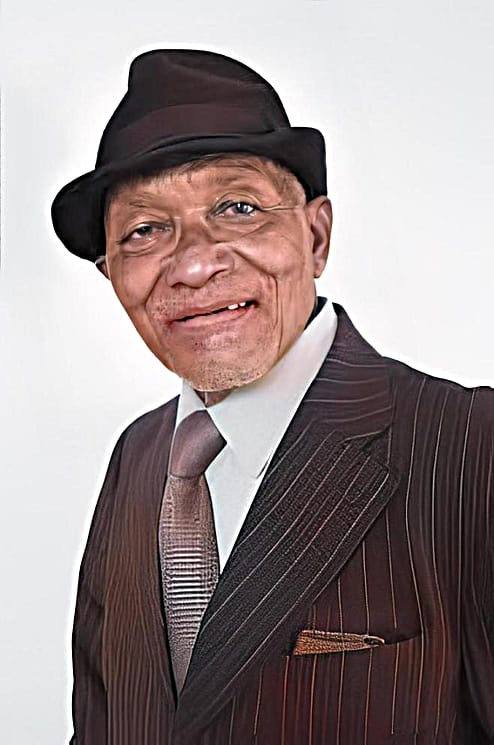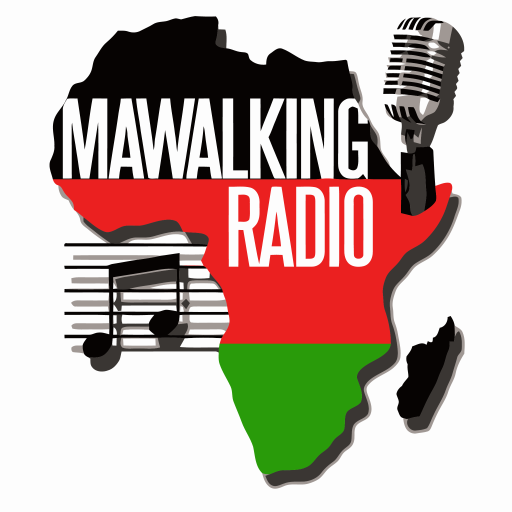
Edouard Nganga: A Pillar of Congolese Music Legacy
Early Life and Education
Edouard Nganga was born on October 27, 1933, in Léopoldville (now Kinshasa), then part of the Belgian Congo. Though raised in the bustling city, his family roots were in Mfoa (modern-day Brazzaville). Growing up in Léopoldville as an only child, Nganga pursued his primary education at the Grande École in Poto-Poto, a district of Brazzaville. His early education was guided by his grandfather, Ganga Edouard, a schoolteacher who hoped to see him excel as a skilled worker. Nganga eventually attended the Professional School of French Equatorial Africa, where he received a Professional Aptitude Certificate in industrial carpentry in 1953.
Musical Beginnings and Entry into the Industry
Despite his training in carpentry, Nganga’s true passion lay in music. His first major musical endeavor came in 1953 when he participated in a percussionist competition for the recording of the now-famous song “Parafifi” at the Opika Studio in Kinshasa. This experience marked the beginning of his musical journey. The following year, he founded one of Brazzaville’s first orchestras, “Negro Jazz,” alongside friends like Nino Malapet and Kaba Joseph. This group made its debut at the Bar Faignond in Poto-Poto, gaining popularity with its recordings, including the love anthem “Aimé wa bolingo.”
Co-Founding OK Jazz and the Bantous de la Capitale
In 1956, Nganga’s career took a significant turn when he co-founded the legendary OK Jazz (later TPOK Jazz) with musical greats like Franco Luambo Makiadi, Vicky Longomba, and De La Lune. OK Jazz became one of the most influential bands in Congolese music history. Nganga, however, decided to return to Brazzaville in 1959, leaving OK Jazz.
His next pivotal move came on August 15, 1959, when he co-founded the iconic band “Les Bantous de la Capitale” with Nino Malapet, Célestin Kouka, and Loubelo De Lalune. This group would go on to become a cornerstone of Brazzaville’s musical landscape, known for its ability to fuse traditional Congolese rhythms with modern sounds.
Musical Evolution and Return to the Bantous
Over the years, Edouard Nganga’s journey took many turns. In the early 1960s, he ventured to Kinshasa to finalize recordings with Les Bantous. In 1973, as the Congolese music scene underwent transformations, some members of the Bantous, including Nganga, branched out to form new groups. Nganga co-founded “Les Nzoi” alongside Ange Linaud, Bitsikou Théo, and Passi Ngongo Mermans.
After a brief period away, he returned to Les Bantous in 1977, rejoining his old bandmates. The Bantous’ influence continued to grow, and Nganga participated in international tours, including a youth festival in Cuba. His return to the group solidified his legacy as one of the foundational pillars of Congolese rumba and music culture.
Cultural and Political Contributions
Beyond his musical accomplishments, Edouard Nganga also made significant cultural and political contributions. In the later years of his life, he served as an advisor to the Minister of Culture and the Arts in Congo, Jean-Claude Gakosso. His dedication to the promotion of Congolese music and artists earned him wide respect, and in 2019, Nganga was elevated to the rank of Commander in the Congolese Order of Merit. This prestigious award was given by President Denis Sassou-Nguesso during Congo’s 59th Independence Day celebrations, recognizing Nganga’s monumental impact on the nation’s cultural heritage.
Final Years and Death
Edouard Nganga continued to influence the Congolese music scene well into his later years. He was a member of the National People’s Assembly, representing the artistic community, and his work was immortalized in a documentary titled “Nganga Edo, the Last of the Bantus of the Capital” by Paul Soni Benga. This 120-minute film chronicled the rich history of Les Bantous de la Capitale and celebrated Nganga’s enduring contribution to the genre.
Nganga passed away on June 7, 2020, at the age of 86, at Brazzaville University Hospital. His death marked the end of an era for Congolese music, but his legacy remains deeply ingrained in the cultural fabric of both Congos.
A Lasting Influence on Congolese Music
Edouard Nganga’s influence on Congolese music, particularly his work with OK Jazz and Les Bantous de la Capitale, continues to resonate across the African continent. His ability to blend traditional rhythms with modern instruments and his dedication to elevating Congolese music on the global stage have left an indelible mark on the industry. Nganga’s life serves as a testament to the power of music to inspire, uplift, and connect people across generations.



